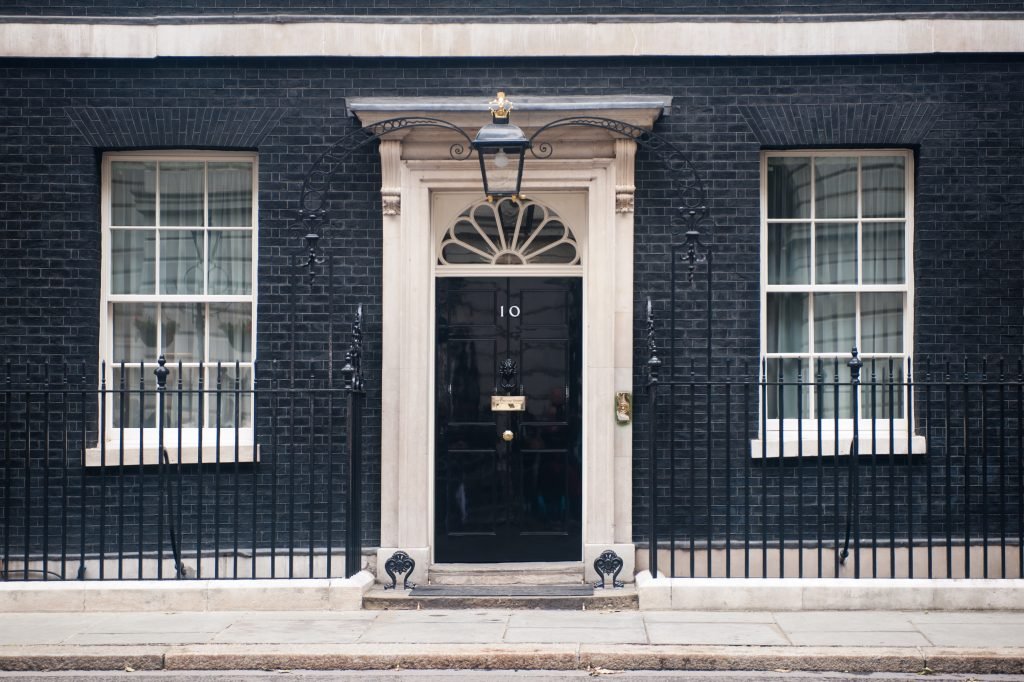As our new Prime Minister takes her place at the helm, the pressure is on Liz Truss to steer the country through a period of both political and economic change. David Crump, Corporate Finance Director at PKF Smith Cooper, reflects on Truss’ economic promises ahead of the emergency mini-budget announcement on Friday in our latest ‘5 minutes with Corporate Finance’ article.

The UK’s current economic situation has become a familiar topic in the news, as economists continue to report record-breaking numbers.
With the cost-of-living crisis ongoing and a recession being discussed from the end of this year, what actions has the new Prime Minister proposed to manage the present and future challenges in the economic climate?
Liz Truss’ early economic objectives
In her first speech in office, the PM outlined the early priorities of her government. The three central areas were:
- Tackling the energy crisis
- Fuelling economic growth through tax cuts and existing policy reform
- Supporting the NHS
The price of the PM’s priorities
Although few would disagree with Truss’ stipulated priorities, the significant spending they will require is likely to prove more controversial.
The plans to tackle the energy crisis alone are predicted to increase the government’s debt by 10%. So far, the PM has promised to freeze household bills until April 2024 (estimated cost £150bn), introduce an energy discount scheme for businesses (estimated cost up to £25bn) and provide subsidies to compensate energy suppliers for the difference between wholesale market costs and the prices they can legally charge customers.
Policy promises
A driving force in Liz Truss’ Conservative Party leadership campaign was the implementation of an emergency budget, which would allegedly support economic growth and provide financial relief to families and businesses.
On Friday 23rd September, the new Chancellor of the Exchequer Kwasi Kwarteng will reveal the full details of this budget to the nation. Although we cannot know for certain what policies will be included, several key proposals are likely to feature:
- Reversing this year’s increase in national insurance contributions by removing the Health and Social Care Levy
- Cancelling the upcoming corporation tax increase proposed by Rishi Sunak
- Curbing soaring energy prices by suspending the green levy currently applied to energy bills for 12 months
- A pledge to avoid introducing any new taxes
Time with tell
Liz Truss’ proposals are likely to succeed in reducing pressure on the taxpayer and encourage economic growth – in the short-term at least.
Some economists have warned of the negative consequences surrounding the PM’s’ economic strategy, including higher inflation and a total estimated cost of £30bn for proposed tax cuts (Institute for Fiscal Studies).
Following Friday’s budget announcement, we will know if the PM plans to turn her campaign promises into policies, but only time will tell if her tactics prove successful in achieving her objectives. Watch this space.
If you would like expert advice and support on buying, growing or selling a business, contact us today to speak to our award-winning corporate finance team.




